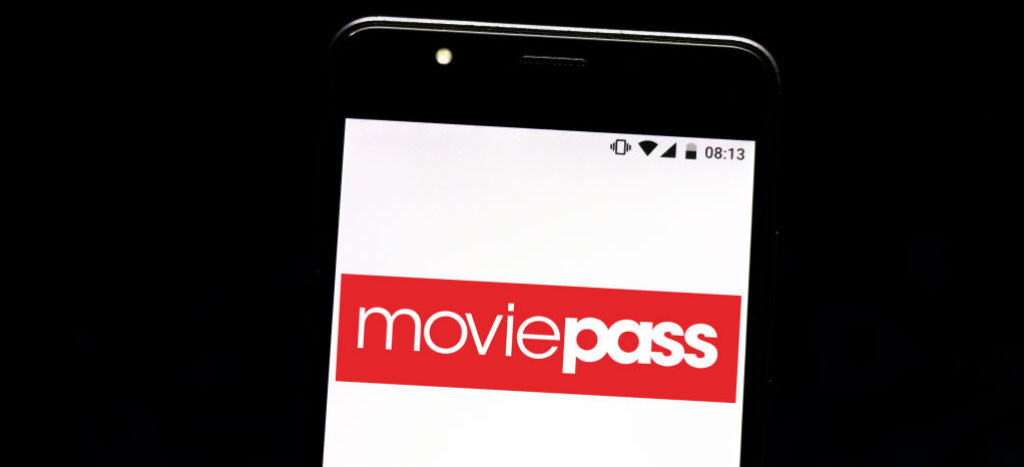Many moons ago, before theaters were shuttered and HBO Max existed, Moviepass was the best deal in movies. For just $10 a month, you could see a movie every day and exploit that ridiculous grasp at exponential user growth until the venture capital runway ran out and the whole thing crashed and burned. It was a really great deal for fans of movies, until it was not. And according to reports, the shenanigans at the end of its prominent run are likely to prevent the company’s executives from ever trying the same shady moves twice.
The Federal Trade Commission announced on Monday that it settled with the operators of Moviepass after an investigation into limiting user usage and a failure to properly secure user data. According to the FTC report, Moviepass pulled a number of fast ones on its users in the waning months of the platform in an effort to quite literally keep people from using Moviepass and fulfilling its promise of seeing one movie a day.
MoviePass’s operators invalidated subscriber passwords while falsely claiming to have detected “suspicious activity or potential fraud” on the accounts. MoviePass’s operators did this even though some of its own executives raised questions about the scheme, according to the complaint.
Second, MoviePass’s operators launched a ticket verification program to discourage use of the service. This program required subscribers to take and submit pictures of their physical movie ticket stubs for approval through the MoviePass app within a certain timeframe. Subscribers who failed to submit their tickets could not view future movies and could have their subscriptions canceled if they failed to verify their tickets more than once. The program blocked thousands of subscribers from using the service because of problems with the verification system, according to the complaint.
Third, MoviePass’s operators used “trip wires” that blocked certain groups of users—typically those who viewed more than three movies per month—from utilizing the service after they collectively hit certain thresholds based on their monthly cost to the company, the FTC alleges.
As detailed by a very good look into the rise and fall of Moviepass from Business Insider, these measures were put in place explicitly to limit people from burning through what limited assets the company had left when reimbursing the cost of tickets from people actually using Moviepass’s credit card-like membership cards to pay at theaters.
As a result of these findings, the complaint against Moviepass would essentially be a nail in the coffin of the company. But it’s already dead, having been shuttered in 2019 and filing for Chapter 7 bankruptcy in January of 2020 and ending all operations. As a result, the settlement bars the executives that ran the company from ever doing anything similar. As The Verge reported, that means Helios and Matheson Analytics, its CEO Mitch Lowe and chairman Ted Farnsworth are barred from trying the same practices and their business interests must be careful with their customers’ security in the future.
Today, the @FTC has charged CEO Mitch Lowe and Chairman Ted Farnsworth of the now-defunct @MoviePass for their role in perpetrating fraud against their customers.@MoviePass promised "unlimited" movies, but then illegally thwarted customers from using the service they paid for. pic.twitter.com/9QqWEdlTU7
— Rohit Chopra (@chopracfpb) June 7, 2021
None of it will bring Moviepass back, but at least we’ll have all those memories.
[via The Verge]







